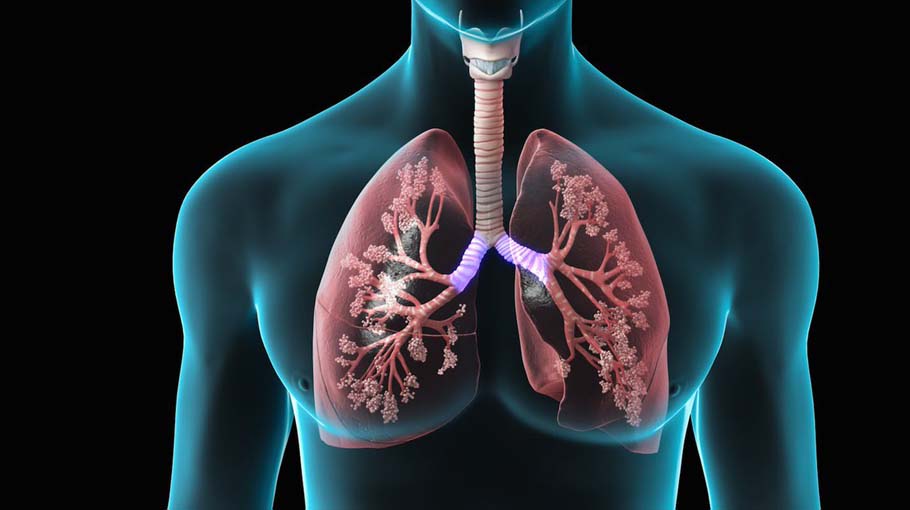Treatment for pulmonary fibrosis (part 8)

The lung scarring that occurs in pulmonary fibrosis can't be reversed, and no current treatment has proved effective in stopping progression of the disease.
Medications:
Your doctor may recommend newer medications, including pirfenidone (Esbriet) and nintedanib (Ofev). These medications may help slow the progression of idiopathic pulmonary fibrosis. Both medications have been approved by the Food and Drug Administration (FDA). Additional medications and new formulations of these medications are being developed but have not yet been FDA approved.
Oxygen therapy:
• Make breathing and exercise easier
• Prevent or lessen complications from low blood oxygen levels
• Reduce blood pressure in the right side of your heart
• Improve your sleep and sense of well-being
Pulmonary rehabilitation:
• Physical exercise to improve your endurance
• Breathing techniques that may improve lung efficiency
• Nutritional counseling
• Counseling and support
• Education about your condition
Lung transplant:
Lung transplantation may be an option for people with pulmonary fibrosis. Having a lung transplant can improve your quality of life and allow you to live a longer life. However, a lung transplant can involve complications such as rejection and infection. Your doctor may discuss with you if a lung transplant may be appropriate for your condition.
Courtesy: Mayo Clinic
Related News:




